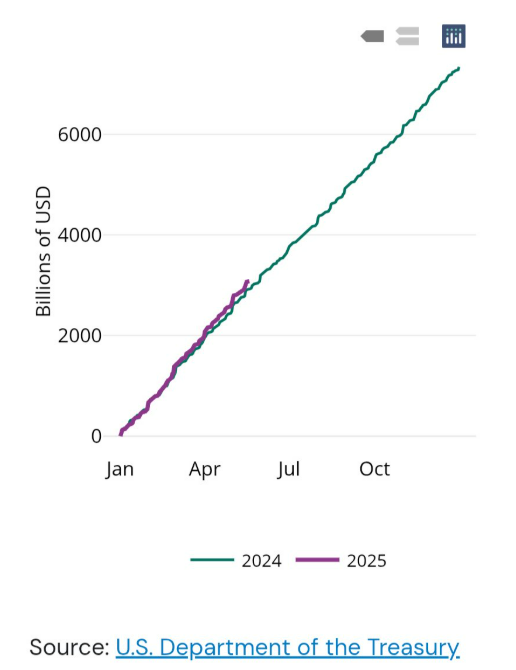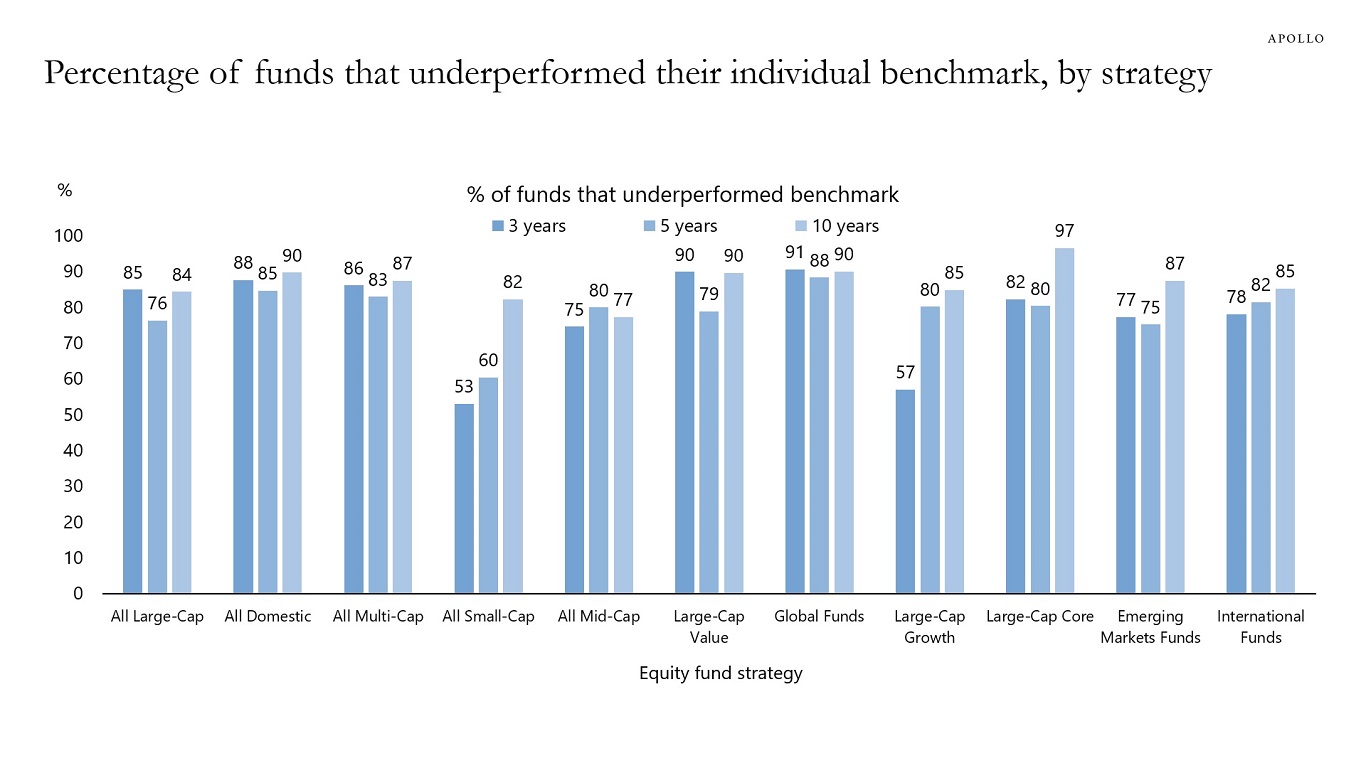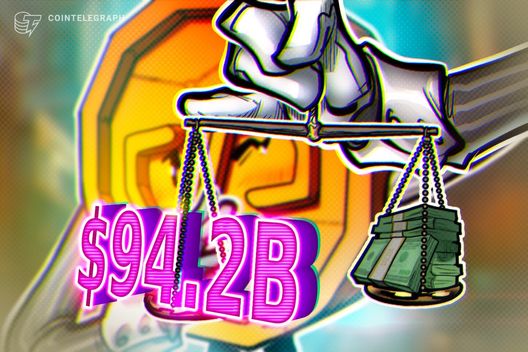Elderly crypto investors are getting scammed: Teach them these key safety tips
Why are seniors being targeted in crypto scams? Scammers prey on seniors because they view them as financially secure, trusting and less familiar with rapidly evolving technology.Let’s understand why seniors are key targets.Perception of wealth: Many older adults have retirement savings or pensions, making them lucrative targets.Lower tech fluency: Navigating crypto wallets, private keys and blockchain concepts can be intimidating, something scammers exploit.Embarrassment prevents reporting: Victims often feel ashamed, making them less likely to report the crime.Crypto is irreversible: Once funds are sent via Bitcoin or another cryptocurrency, there’s no reversing the transaction. That’s a dream scenario for scammers.According to the Federal Trade Commission (FTC), seniors report growing losses linked to cryptocurrency investment fraud, romance scams and government impersonation. In South Carolina’s Beaufort County alone, seniors reported over $3.1 million in crypto scam losses in 2024.And these scams are becoming more sophisticated. AI tools can now clone voices, spoof caller IDs and create fake websites that mimic legitimate exchanges or financial institutions to steal from unsuspecting seniors. Examples of crypto scams targeting older adults From crypto romance fraud in Cambodia targeting British pensioners to ATM scams in Minnesota and impersonation schemes across the US, scammers have stolen millions by preying on older adults’ trust and unfamiliarity with digital assets.1. Cambodian scam compounds exploiting British pensionersIn Bavet, Cambodia, scam compounds operated by networks linked to the Chinese mafia have been uncovered. These operations enslave trafficked workers, forcing them to participate in romance and cryptocurrency fraud. British pensioners have been prime targets, suffering significant losses.. One victim from the West Midlands lost over 250,000 British pounds ($340,000). These scams often employ “pig-butchering” tactics, cultivating trust online before executing large-scale financial fraud.2. Crypto ATM scams in MinnesotaIn Minnesota, over 5,500 incidents involving cryptocurrency kiosks led to losses exceeding $189 million in 2023. Seniors were the most vulnerable victims, accounting for nearly two-thirds of the stolen funds. Scammers often direct victims to transfer funds using QR codes tied to fraudulent accounts. Cities like Stillwater have implemented bans on crypto ATMs to protect residents.3. Romance scam targeting a disabled woman in the UKLisa Nock, a 44-year-old woman from Staffordshire with autism and mobility issues, fell victim to a romance scam after being targeted on Instagram by someone impersonating Australian TV vet Dr. Chris Brown. Over 18 months, the scammer manipulated her into transferring £11,000 in cryptocurrency, claiming the funds were for flights, visas and hiring a substitute vet. Lisa eventually realized the deceit and reported the fraud to authorities.4. Government or bank impersonators demanding crypto paymentsScammers may impersonate the IRS, Social Security Administration, Medicare or local law enforcement. Their script is simple: You’re in legal trouble or owe back taxes, and the only way to avoid arrest or penalties is to pay in Bitcoin.This tactic has been used across the US. In South Carolina, a retired healthcare worker named Marianne was told she missed jury duty and owed $7,500. Following fake sheriff’s instructions, she fed the cash into a Coinstar crypto ATM, which instantly converted her money to Bitcoin and sent it straight to scammers.5. Ohio woman loses life savings in cryptocurrency investment scam An Ohio woman lost her life savings in a cryptocurrency investment scam that defrauded victims of about $4.9 million. The scheme involved 33 identified victims nationwide, with five more accounts under FBI investigation.Did you know? A $243 million Bitcoin heist involving a fake Google call spiraled into a real-world kidnapping plot straight out of a Netflix thriller. 7 Key safety tips every elderly crypto investor should know Elderly investors should follow key safety steps like never sending crypto to strangers, verifying suspicious contacts, enabling two-factor authentication, avoiding public WiFi and discussing large transactions with trusted family before acting.Here are the key safety tips every elderly crypto investor should be aware of:Never send crypto to strangers: If someone you’ve never met in person asks for Bitcoin or other cryptocurrencies, it’s almost certainly a scam. This includes social media, messages on Facebook, emails from supposed tech support or even someone you’ve been chatting with on a dating site. No legitimate person or organization will randomly ask for crypto. If you’re being to



Why are seniors being targeted in crypto scams?
Scammers prey on seniors because they view them as financially secure, trusting and less familiar with rapidly evolving technology.
Let’s understand why seniors are key targets.
- Perception of wealth: Many older adults have retirement savings or pensions, making them lucrative targets.
- Lower tech fluency: Navigating crypto wallets, private keys and blockchain concepts can be intimidating, something scammers exploit.
- Embarrassment prevents reporting: Victims often feel ashamed, making them less likely to report the crime.
- Crypto is irreversible: Once funds are sent via Bitcoin or another cryptocurrency, there’s no reversing the transaction. That’s a dream scenario for scammers.
According to the Federal Trade Commission (FTC), seniors report growing losses linked to cryptocurrency investment fraud, romance scams and government impersonation. In South Carolina’s Beaufort County alone, seniors reported over $3.1 million in crypto scam losses in 2024.

And these scams are becoming more sophisticated. AI tools can now clone voices, spoof caller IDs and create fake websites that mimic legitimate exchanges or financial institutions to steal from unsuspecting seniors.
Examples of crypto scams targeting older adults
From crypto romance fraud in Cambodia targeting British pensioners to ATM scams in Minnesota and impersonation schemes across the US, scammers have stolen millions by preying on older adults’ trust and unfamiliarity with digital assets.
1. Cambodian scam compounds exploiting British pensioners
In Bavet, Cambodia, scam compounds operated by networks linked to the Chinese mafia have been uncovered. These operations enslave trafficked workers, forcing them to participate in romance and cryptocurrency fraud. British pensioners have been prime targets, suffering significant losses..
One victim from the West Midlands lost over 250,000 British pounds ($340,000). These scams often employ “pig-butchering” tactics, cultivating trust online before executing large-scale financial fraud.

2. Crypto ATM scams in Minnesota
In Minnesota, over 5,500 incidents involving cryptocurrency kiosks led to losses exceeding $189 million in 2023. Seniors were the most vulnerable victims, accounting for nearly two-thirds of the stolen funds. Scammers often direct victims to transfer funds using QR codes tied to fraudulent accounts. Cities like Stillwater have implemented bans on crypto ATMs to protect residents.
3. Romance scam targeting a disabled woman in the UK
Lisa Nock, a 44-year-old woman from Staffordshire with autism and mobility issues, fell victim to a romance scam after being targeted on Instagram by someone impersonating Australian TV vet Dr. Chris Brown.
Over 18 months, the scammer manipulated her into transferring £11,000 in cryptocurrency, claiming the funds were for flights, visas and hiring a substitute vet. Lisa eventually realized the deceit and reported the fraud to authorities.
4. Government or bank impersonators demanding crypto payments
Scammers may impersonate the IRS, Social Security Administration, Medicare or local law enforcement. Their script is simple: You’re in legal trouble or owe back taxes, and the only way to avoid arrest or penalties is to pay in Bitcoin.
This tactic has been used across the US. In South Carolina, a retired healthcare worker named Marianne was told she missed jury duty and owed $7,500. Following fake sheriff’s instructions, she fed the cash into a Coinstar crypto ATM, which instantly converted her money to Bitcoin and sent it straight to scammers.
5. Ohio woman loses life savings in cryptocurrency investment scam
An Ohio woman lost her life savings in a cryptocurrency investment scam that defrauded victims of about $4.9 million. The scheme involved 33 identified victims nationwide, with five more accounts under FBI investigation.
Did you know? A $243 million Bitcoin heist involving a fake Google call spiraled into a real-world kidnapping plot straight out of a Netflix thriller.
7 Key safety tips every elderly crypto investor should know
Elderly investors should follow key safety steps like never sending crypto to strangers, verifying suspicious contacts, enabling two-factor authentication, avoiding public WiFi and discussing large transactions with trusted family before acting.
Here are the key safety tips every elderly crypto investor should be aware of:
- Never send crypto to strangers: If someone you’ve never met in person asks for Bitcoin or other cryptocurrencies, it’s almost certainly a scam. This includes social media, messages on Facebook, emails from supposed tech support or even someone you’ve been chatting with on a dating site. No legitimate person or organization will randomly ask for crypto. If you’re being told, “Send me $500 and I’ll send back $1,000,” you’re being conned. Always assume unsolicited crypto requests are fraudulent.
- Double-check all contacts: If you get a call, email, or text from a bank, the IRS or even a family member in crisis, don’t respond immediately. Call the official number on your bank card or government website to verify.
- Use trusted wallets and exchanges only: Stick to platforms with strong security and regulation like Coinbase, Kraken and Binance.US. Avoid apps from unknown websites or links in emails.
- Watch for pressure tactics: Scammers thrive on urgency; you only have two hours to pay; act now to claim your prize. Real financial institutions do not use this kind of pressure.
- Set up two-factor authentication (2FA): All crypto wallets and exchange accounts should have 2FA enabled. This adds a second layer of protection even if a password is stolen.
- Avoid public WiFi for crypto transactions: Never send crypto or log in to financial apps over public WiFi at coffee shops, airports or hotels. These networks are often unsecured and can be intercepted by hackers. Use your home WiFi or mobile data instead, and ensure your device has up-to-date antivirus protection.
- Talk to family before big transactions: Before sending large amounts of crypto or any money, have a quick conversation with someone you trust. Scammers often isolate victims and make them feel they must act alone. Encourage seniors to adopt a simple rule: If it’s more than $100, talk to someone first. A five-minute phone call could prevent a five-figure mistake.
Think grandma got scammed? Here’s what to do immediately
If you’ve been scammed, act fast: Report it to the crypto exchange (they might freeze the funds), file a fraud report with the FTC or Chainabuse and contact elder support services for guidance and protection.
1. Report the scam to the exchange
If the funds were sent through Coinbase, Binance or another exchange, contact them right away. Some may be able to freeze accounts if action is taken quickly.
2. File a report with law enforcement and the FTC
- Call your local police department.
- Report fraud to the FTC at ReportFraud.ftc.gov.
- You can also report crypto fraud at Chainabuse.com, a trusted crypto crime reporting platform.
3. Contact elder support resources
- ElderCare Locator (USA): Connects older adults and families to local services, including Adult Protective Services for financial exploitation cases.
- Action Fraud (UK): The UK’s national fraud reporting center for scams, including those involving crypto.
- Scamwatch, ACCC (Australia): Provides scam alerts and allows reporting of cryptocurrency and financial scams affecting seniors.
- Canadian Anti-Fraud Centre (Canada): A national agency for reporting and tracking fraud, including crypto scams targeting older adults.
- National Council on Aging – NCOA (US): Offers educational resources and scam prevention tools for seniors and caregivers.
- Age UK (UK): Provides advice and support for older people facing financial abuse, including online and crypto scams.
Did you know? Hackers have been caught selling counterfeit smartphones infected with the Triada Trojan, malware that steals crypto and sensitive data by deeply embedding itself in the device’s system.
Is crypto safe for seniors?
Yes, but only with proper education and safeguards. Cryptocurrency can be empowering, offering independence and investment opportunities. However, seniors can become easy targets without a strong awareness of the risks.
Scammers increasingly target seniors through sophisticated tactics like fake investment platforms, romance scams and impersonation of government or tech support personnel. These schemes often involve urgent demands, emotional manipulation or unfamiliar technologies like crypto ATMs.
To minimize risk, seniors should be educated on the basics of cryptocurrency, recognize common fraud tactics, use reputable platforms and involve trusted family or advisers before making transactions. Awareness and vigilance are essential to protect both assets and peace of mind in the digital age.
As crypto continues to go mainstream, scammers are adapting fast. Don’t let your loved ones get rug-pulled or emotionally manipulated into losing everything. Share these tips. Stay involved. And when in doubt, always verify before sending funds.












































































































































































